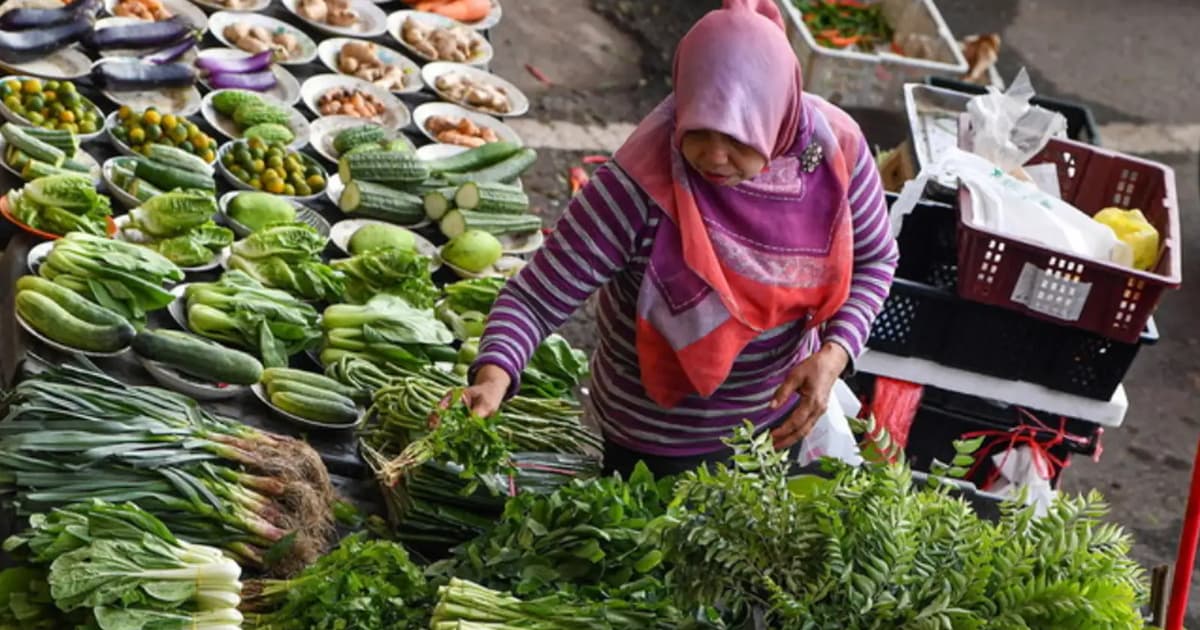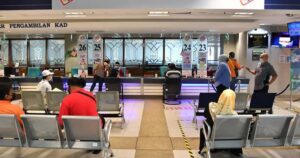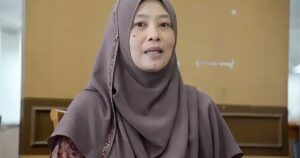
The Galen Centre for Health and Social Policy has urged the government to strengthen the food supply chain and production efficiencies to boost public adherence to the recommended “suku suku separuh” (SSS) healthy plate model.
The health think tank’s CEO, Azrul Khalib, said this would include increasing investment in local agriculture through support for smallholder farmers.
He also suggested prioritising strategies to reduce the cost of fertiliser, feed and seeds, and subsidise logistics for remote areas.
The SSS model recommends a quarter portion of protein, a quarter portion of carbohydrates, and half a portion of fruits and vegetables for each meal.
The agriculture and food security ministry had said that the affordability of SSS was a nutrition‐and‐public-health strategy, not primarily due to local food supply issues.
Azrul said that while the healthy eating strategy was crucial, the claim that affordability is not linked to local food supply or production costs appeared to overlook data and ground realities.
“Rising costs of agricultural necessities such as seeds, fertiliser, feed; reliance on imports; post-harvest losses, logistics costs, and market inefficiencies all feed into the retail prices of fruits, vegetables, and proteins,” he said in a statement.
He said that if supply chain constraints and input cost pressures were not addressed, food, especially nutritious food, would remain expensive.
He also said the government should adapt and monitor regional differences in the SSS model, recognising that cost burdens vary significantly across states.
“The government should establish transparent benchmarks for the cost of a standard SSS meal in every state, including breakdowns by food group, so the public can see where prices are high and why,” he said.
Azrul added that government policies should allow regional adaptations and visualisations of the SSS model in terms of food types and portion sizes, so that dietary recommendations are culturally and geographically appropriate without compromising nutrition.
A survey by Galen Centre and University Teknologi Mara had found that the health ministry’s SSS model remained out of reach for many households due to cost reasons.
Last week, a health ministry division called on the government to allow recipients of the government’s Sumbangan Asas Rahmah to spend the cash aid on fruits and vegetables.
The ministry’s nutrition division also acknowledged the survey which found that its SSS healthy plate model was out of reach for many households, with balanced meals ranging in cost between RM8.53 in Kedah and RM16.27 in Kuala Lumpur.






